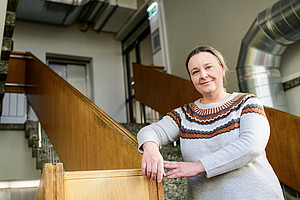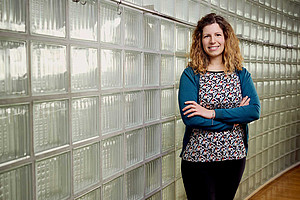Since the 1980s we have seen a new wave of work intensification. Time pressure and performance expecta-tions are increasing; there is a growing need for self-responsibility and flexi-bility. However, this is a double-edged sword: flexible working requires more complex coordination, and can also make it more difficult to define boundaries between work and private life. On the other hand, flexible working makes it easier to combine career and family, increases the effectively used time, and gives people more individual freedom.
As a Professor of Work and Organizational Psychology, Bettina Kubicek conducts research on theeffects of the intensification of work and flexible working arrangements on workers’ wellbeing andproductivity, and on their cognitive abilities. A high level of flexibility is expected in many jobs. Pro-fessor Kubicek investigates whether this results in greater employee satisfaction in the long term,or whether it increases stress and overload. She also researches how we can improve our ability towork in a flexible and self-organised way. The area of human-robot collaboration is another aspect ofher psychological research.




